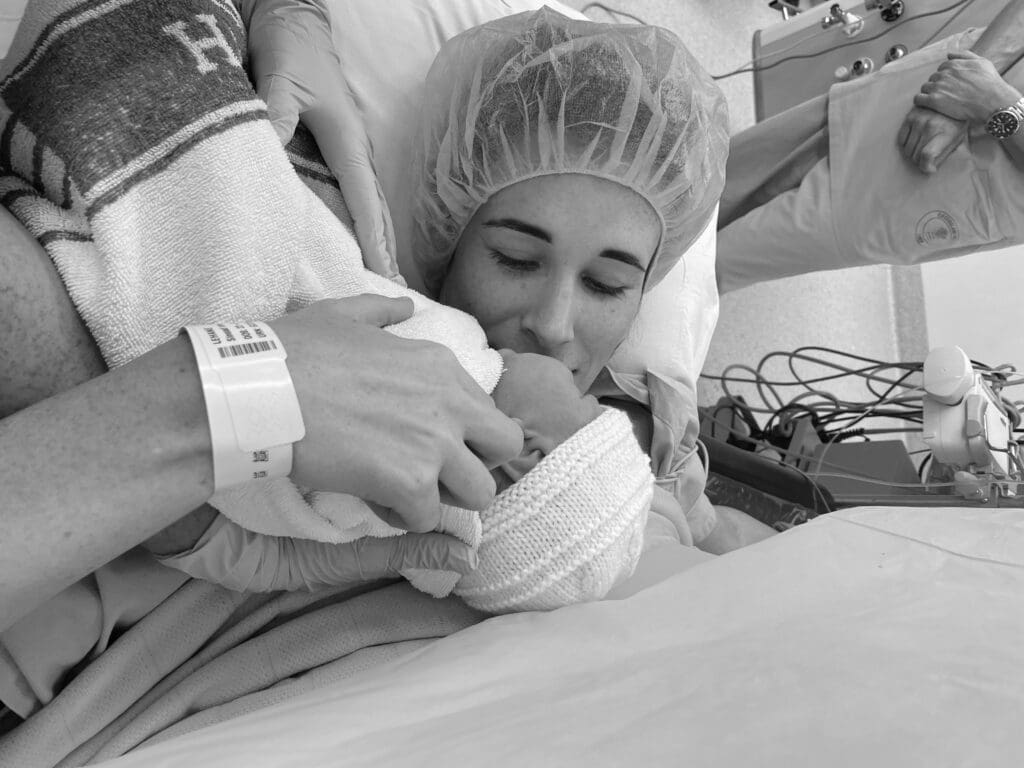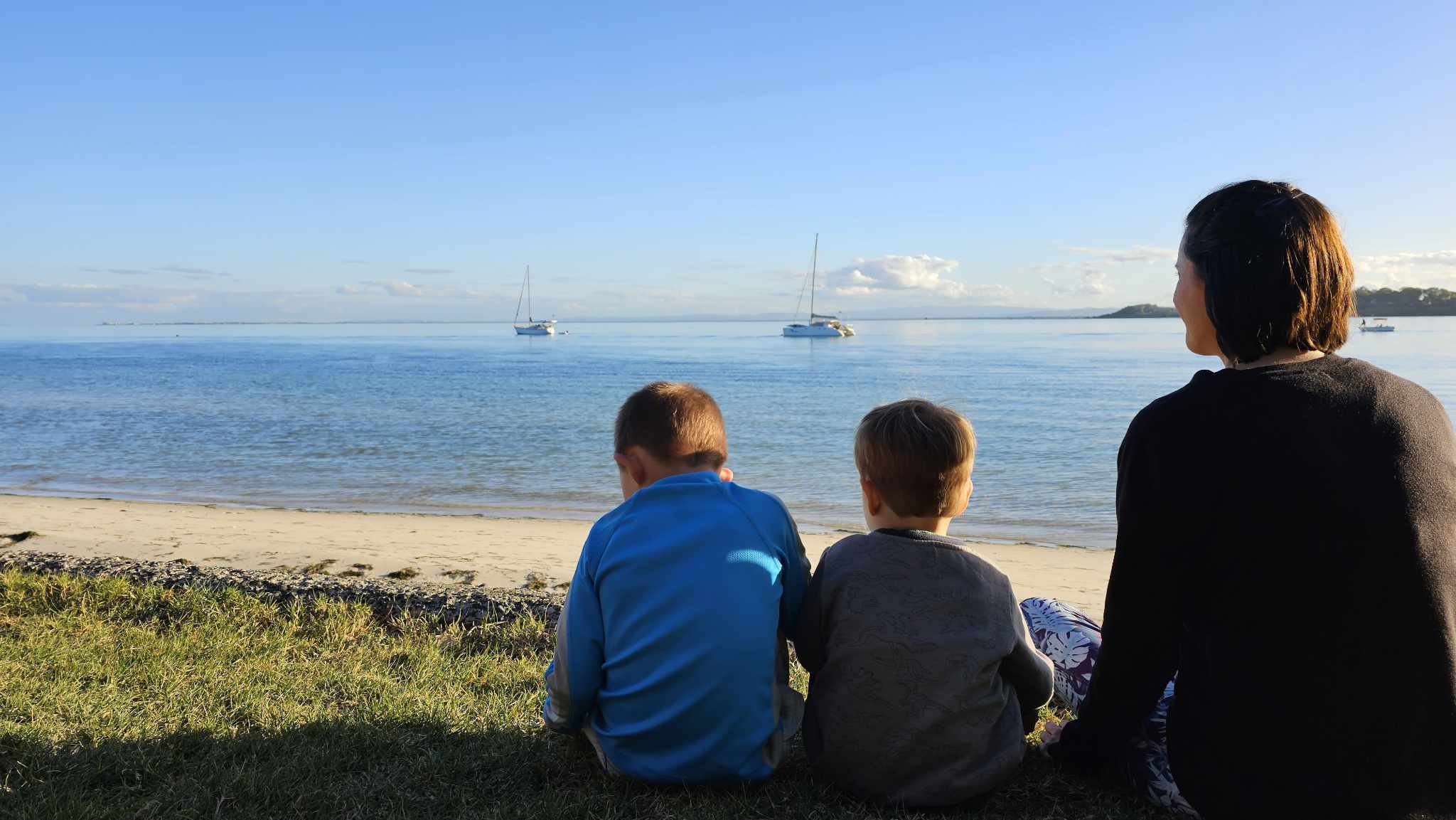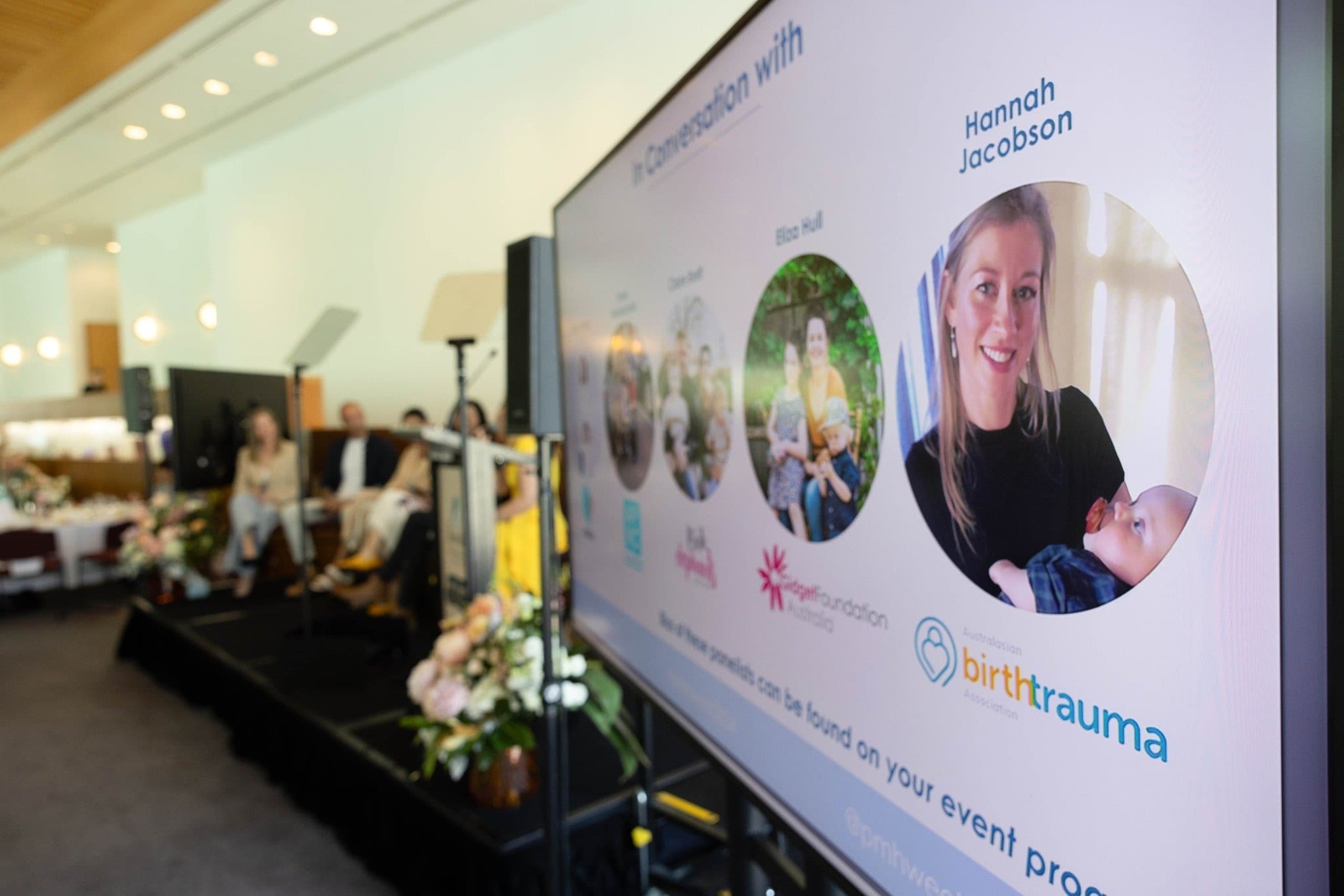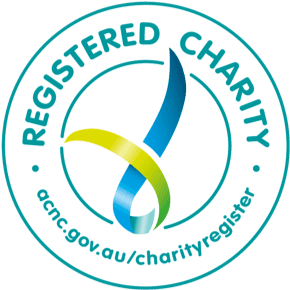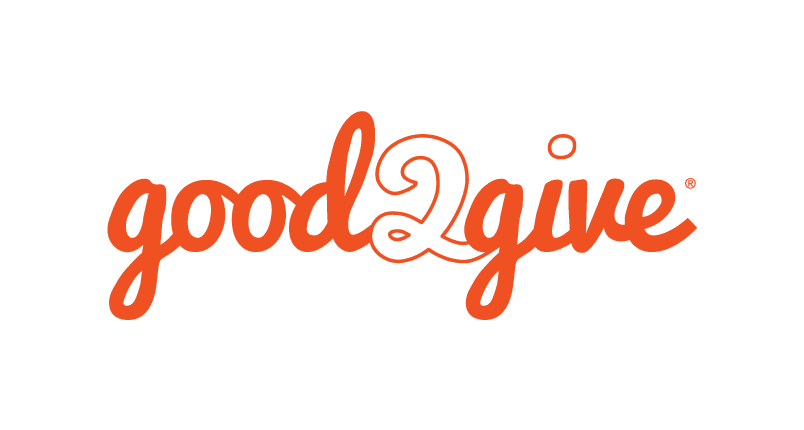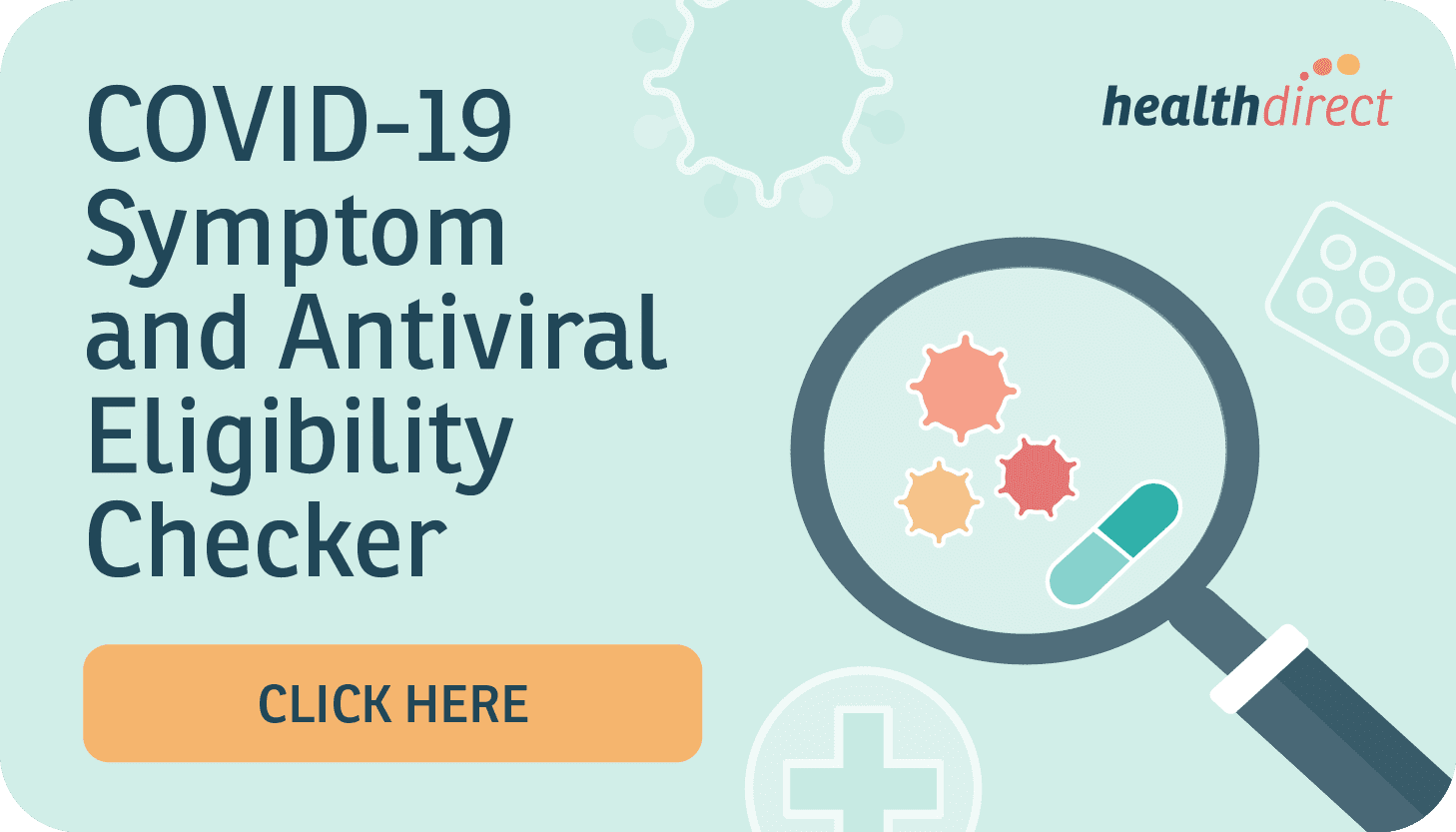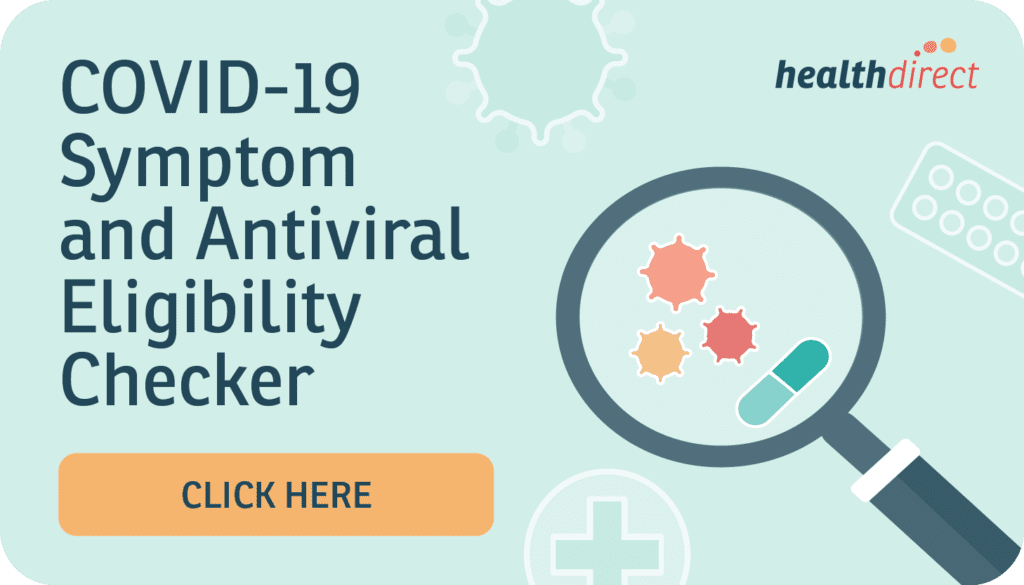I had so little experience with babies or pregnant women that I truly had no idea what to expect the first time I got pregnant. There was no reference point, and I didn’t seek one out. I trusted my body would know what to do and the extent of my preparation was to see a women’s health physio during and after my pregnancy. With years spent playing sport, I was focused on the physical impact pregnancy and birth might have on my body and never considered the emotional or psychological changes that would take place.
My birth began as many births do – at home in the early stages of labour. My waters broke in the early evening and a few hours later, on consultation with my midwife, we headed to hospital. There, I slowly progressed – dim lights, music, birthing ball, and plenty of movement. I called on years of running to breathe through contractions until our little one was ready to join us. I felt tired but good, I was progressing well, and I began to transition.
Everything was great, until it wasn’t. Shoulder dystocia is an obstetric emergency that occurs when a baby’s shoulder gets stuck during vaginal delivery. It took ten minutes and a series of position switches and manoeuvres before my son was born. Ten long minutes that changed my life forever.
As the first year together sped past, the initial shock wore off and my son moved through the milestones of his first year to become a chatty, walking toddler. Anxiety around a brain injury subsided with each milestone successfully reached. It also became clear I couldn’t ignore what had happened. It changed me. I was in a constant state of hypervigilance, and desperately anxious. But ever the high-achiever – I hid it extremely well. The ‘just get on with it’ mantra imprinted deeply from a lifetime of being told this is what ‘resilience’ looked like wasn’t serving me.
I began to read, connect with people online, seek out answers. Bit by bit I pieced together what was happening to me. It took almost two years before I could bring myself to write about it. The journal I had been writing to my unborn baby stopped abruptly a few days before his birth.
PLANNING FOR A SECOND BIRTH
We had talked about having two children close in age. So as a year crept into two, we began to talk about whether this was something we still wanted. I wrestled with whether I was mentally strong enough and acknowledged for the first time I would need support.
I was adamant that things would be different this time. When the lines appeared confirming we were expecting our second baby, I spoke to my GP and midwife about my first birth and added myself to the lengthy waitlist to see a psychologist to work through my birth preparations. I read up on birth trauma, actively asked questions and did a great deal of work to process my experience. While I waited for access to a psychologist, I sought out other health professionals on social media and learnt from the generous teachings they offered for free (or low-cost) online. Breathwork, sensory management, anything I could find to help me process and regulate myself.
My motto in my first pregnancy was – women have been doing this forever, we’re built for birth. I still believe this – we are. But what I naively skipped was that each woman must empower herself with knowledge and a support team to ensure she feels prepared and has agency over her body and her birth. We can’t plan for birth, but we can prepare. And even then, emergencies happen. Support becomes critical.
In my second pregnancy my motto became – what is natural doesn’t mean it’s not hard. Taking this perspective in my second pregnancy and birth allowed me to foster the self-belief I had lost in my first. I felt empowered and knowledgeable. I sought evidence off which to make my decisions. I weighed up what I was being told, what the science said and most importantly where I was emotionally, physically, and psychologically.
The day my second son was born – my midwife came down the corridor singing ‘nothing compares to you’ by Sinéad O’Connor. She set the mood for the entire experience of my second birth, and I cannot speak highly enough of the team who assisted in delivering my baby. My first birth was acknowledged, I was cared for, and I still tear up thinking about that perfect moment he was born pink and crying. It really is the sweetest sound.
Birth trauma can dull the most beautiful days and cast it all in grey. It can take a dream of what you thought your postpartum experience would look like and turn it upside down. Matrescence – the period you ‘become’ a mother, is a monumental transition. Layered with birth trauma and perinatal ill health it becomes a transition so many women battle through unsupported and alone. Ultimately, changing the very picture they had of what their family may look like.
I wish I could say that the birth of my second son healed my birth trauma. While 18 months on I feel like I am emerging into spring, I would be lying if I didn’t acknowledge the mental health challenges I continue to grapple with. Rather than healing – an idea that we’ll just wake up one day and feel better, I focus now on integrating my birth trauma story into the bigger picture of my life and supporting myself to work through the triggers and challenges as they arise. Coming back into my body after what happened is my most difficult work. Much like a scar from a physical wound, the pain and discomfort is fading with time, support, and the work I am doing. It will always be there, it will hurt from time to time, but it is ultimately only one part of the story I have to tell.
If you or a love one need support, there is help available.
https://birthtrauma.org.au/where-to-start/


